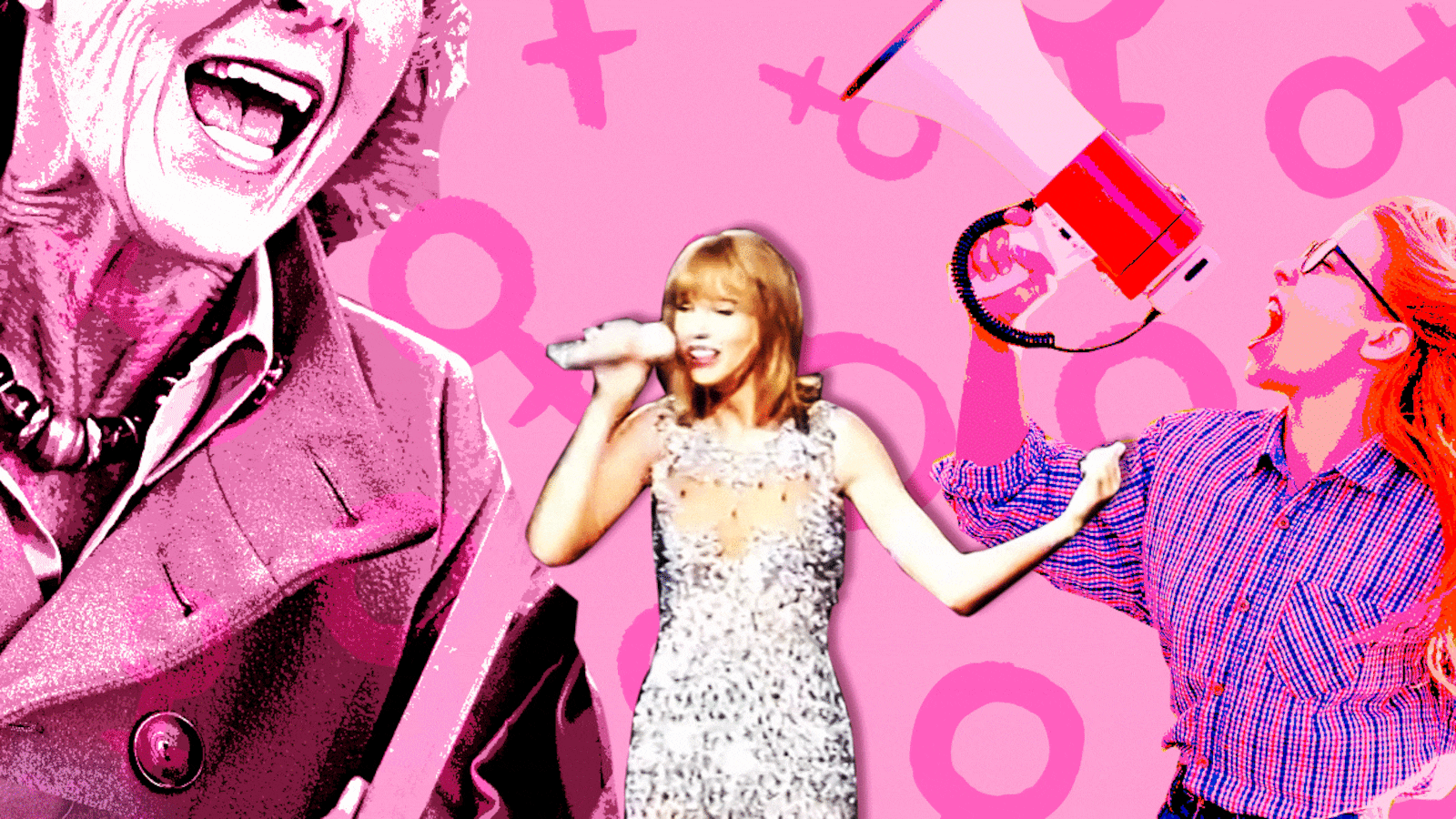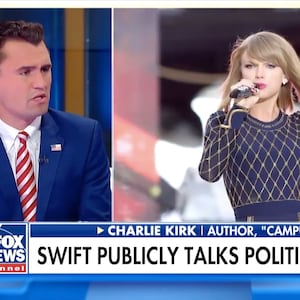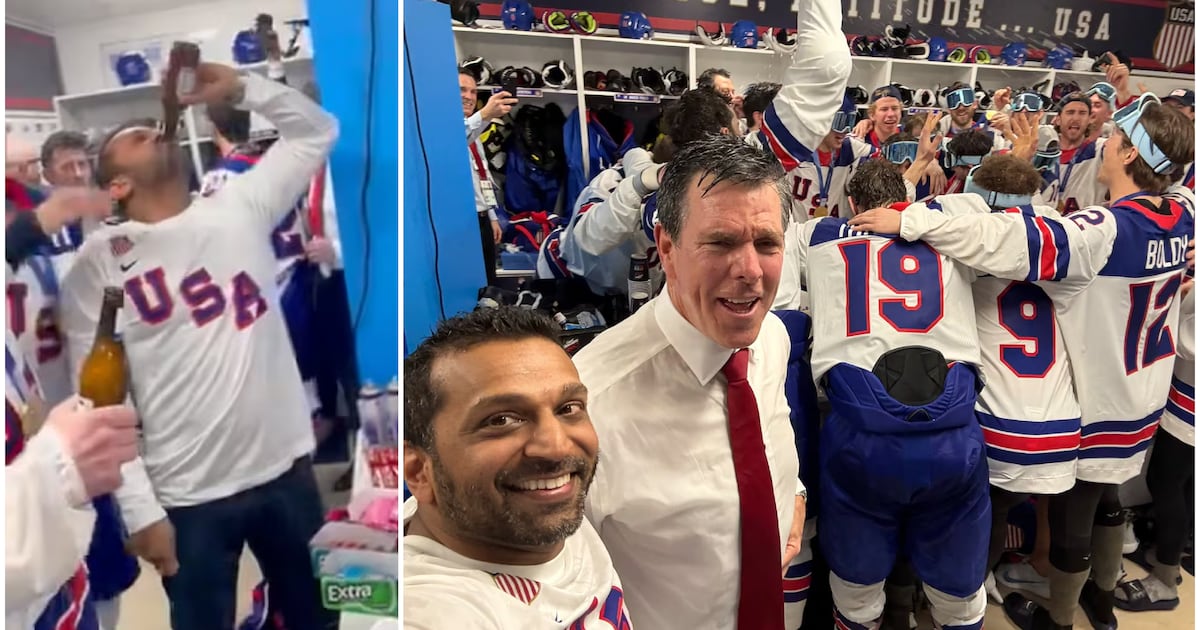Taylor Swift threw herself into the political arena this week when she endorsed two Democrats in the upcoming Nov. 6 congressional elections. Swift’s Instagram post broke an extended and noticeable silence on political matters; as a generation has grown into its political voice, the country-turned-pop superstar famously stayed out of the fray. But her endorsement of former Gov. Phil Bredesen for Senate and Rep. Jim Cooper for the House seemed to indicate a bolder step toward becoming a stronger socio-political advocate.
“I’m writing this post about the upcoming midterm elections on November 6th, in which I’ll be voting in the state of Tennessee,” read Swift’s Instagram caption. “In the past I’ve been reluctant to publicly voice my political opinions, but due to several events in my life and in the world in the past two years, I feel very differently about that now.”
There could be a number of reasons for Swift’s change of approach. It’s coming after the dysfunction of Brett Kavanaugh's confirmation hearings, in which the former circuit judge of the U.S. Court of Appeals for the District of Columbia was asked by the Senate Judiciary Committee to address claims of sexually assaulting Dr. Christine Blasey Ford in 1982 while both were in high school. Kavanaugh denied the allegations, and Ford offered a harrowing testimony. Kavanaugh was confirmed to the U.S. Supreme Court on October 8, and the aftermath sparked a strong reaction.
Recent events in Swift’s own life seem to have precipitated a shift. Her 2017 sexual assault trial, in which she countersued Denver radio host David Mueller after he filed suit alleging that she got him fired for groping her during a 2013 meet-and-greet, ended with the jury believing Swift’s frank testimony. The trial landed Swift on the cover of Time magazine’s Person Of The Year issue, along with a group dubbed “The Silence Breakers: Voices That Launched The Movement.” Notables like #MeToo founder Tarana Burke, actresses Ashley Judd and Rose McGowan, and lobbyist Adama Iwu, among others, graced the magazine cover as well.
“Do not accept the blame others will try to place on you,” Swift wrote in that issue. “You should not be blamed for waiting 15 minutes or 15 days or 15 years to report sexual assault or harassment, or for the outcome of what happens to a person after he or she makes the choice to sexually harass or assault you.”
There has been much speculation as to why Swift is suddenly politically vocal. In the aftermath of the Kavanaugh confirmation, during which many white women voiced shock and surprise at what this country does consistently, it’s understandable that Swift’s decision is viewed by some as a belated reaction to something that has been hiding in plain sight. One year of #MeToo and #TimesUp, years of Black Lives Matter marches prior to that, the rise and election of a racist accused of sexual assault to the Presidency of the United States—these have been troubling times for a while now. White women have the luxury of being late, because white women are often riding shotgun with white men whenever this country takes steps to maintain the status quo.
After the 2016 Presidential election went to Donald Trump, and it was revealed that 53 percent of white women voted for the Republican candidate, pop icon Madonna told Billboard: “It feels like women betrayed us.” She didn’t say “white women,” but that’s what happened. It’s a story as old as America’s white feminism.
Prominent women suffragists were vocally racist even as they pursued equal rights with white male citizens. Leading up to the 15th Amendment, Elizabeth Cady Stanton denounced Black men as “Sambo” rapists and lobbied against Black men getting the right to vote, alienating former ally Frederick Douglass and ignoring the predicament of Black women—despite Black women’s role in forwarding the women’s suffragist movement. That kind of single-minded racism may sometimes show up in more latent modes. But in more contemporary examples, it still seems to color the way politics move in America.
During the Clarence Thomas/Anita Hill hearings in 1991, it was revealed in a final CNN/Gallup poll, conducted in October of 1991, that 57 percent of women said the Senate should vote in favor of confirming Clarence Thomas. That history repeats: as reported by Guardian columnist Lucia Graves, a Quinnipiac poll found 46 percent of white women believe Ford and 43 percent believe Kavanaugh; a Morning Consult/Politico poll from the week before his confirmation found that a full 69 percent of Republican women favored confirming Kavanaugh.
It’s telling that so many white Americans in general and white women in particular have expressed disbelief at Kavanaugh’s confirmation, while so many clearly endorse it. It speaks to an ongoing duality, denial and duplicity in the culture. And belated activism is a product of that. A white female celebrity like Taylor Swift could afford to remain silent until the situation became unbearable—but only unbearable once it hit closer to home. If effecting change is truly the objective, white women must realize that their willingness to “wait it out” is a serious impediment to any cultural shift. Declarations like “This is not my America” are trite and disingenuous—yes, it is exactly the America that’s always been and one that you’ve helped create. Now imagine how many were affected by it before you decided to get outraged.
Swift’s pronouncement immediately produced tangible results: Vote.org reported a drastic rise in voter registrations in the hours after her Instagram post. “We are up to 65,000 registrations in a single 24-hour period since T. Swift's post,” said Kamari Guthrie, director of communications for Vote.org in a Buzzfeed report. “Vote.org saw [Tennessee] registrations spike specifically since Taylor's post.”
"Thank God for Taylor Swift," said Guthrie.
If we can attribute such statistics to a pop star’s endorsement, then we have to acknowledge the power she wields—and be honest about the missed opportunities whenever white women’s influence is withheld or used to deliberately maintain the established order. Both those realities reflect a privilege that particular demographic holds. No, a man doesn’t have the right to tell a woman when or if she should care or be vocal about the politics swirling around her. But there has to be more recognition of how white American women’s interests affect the way this country moves, and the inherent responsibility that comes with that.
When a famous white woman’s political influence becomes so undeniably visible, it’s not only understandable to ask “What took you so long?”, it’s absolutely necessary.







